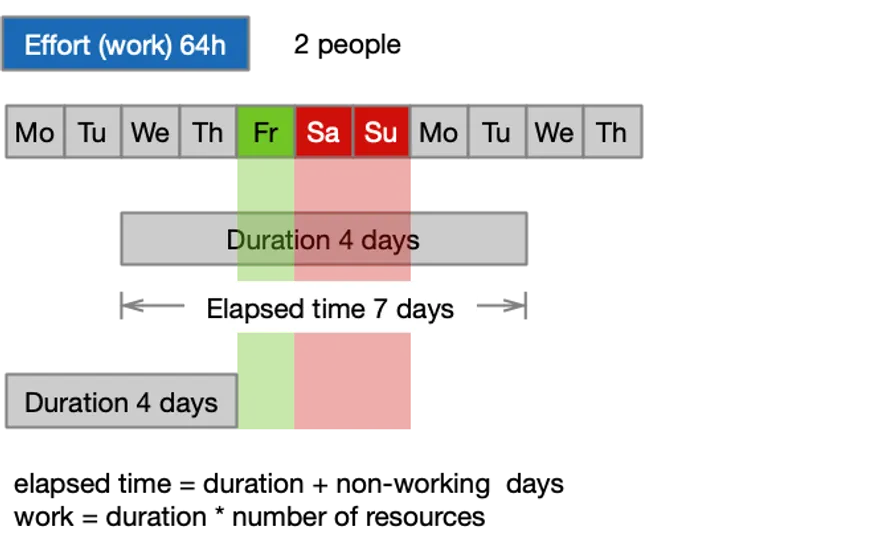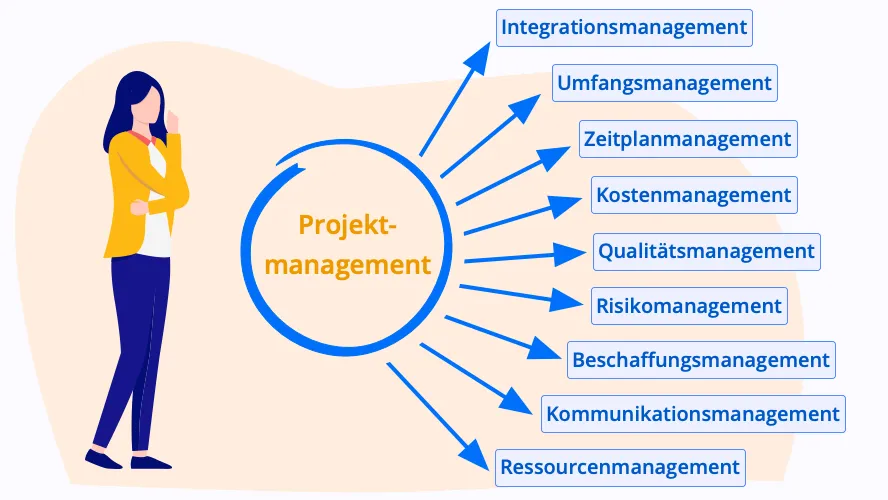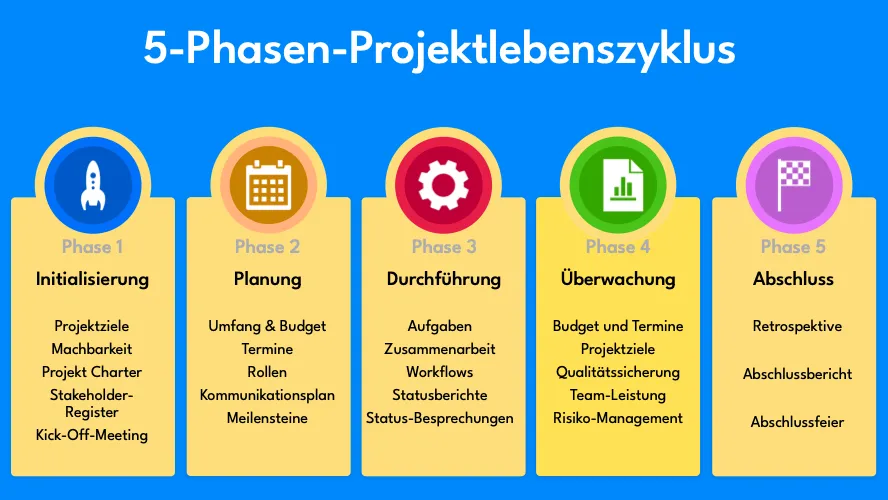I often encounter a confusion when project managers talk about how they plan, particularly when it comes to effort vs duration. There are three essential terms that need to be clearly understood:
- Duration is the number of working days a task takes to accomplish, including waiting times during regular working hours. For example, you would count the time when the concrete dries even though you must not stay there to watch it.
- Effort or work is the actual work done to accomplish a task. If two people are working full time synchronously on a task, the effort would be twice the duration, if there weren’t any interruptions or times not requiring any work, like letting the crop grow.
- Elapsed time is the time interval between start and end date of a task, including all holidays, weekends etc.
This is illustrated in the figure below. Friday the company is closed. The project manager estimates that it will take 64 hours to accomplish the task. He assigns two people to the task.
There will be no waiting periods, thus the duration would be four days of there weren’t any weekends or holidays.
In most cases you are better off starting to plan with work (in the project management software and task management software Allegra this is the planned value or budget). The duration depends on the resource availability assigned to a task. To get one day of work done can take two weeks if the person assigned to it is on vacation.
So you see, effort vs duration is no issue for you anymore.

Gabriella Martin
Editor and Writer
Gabriella Martin is a Yale University graduate and holds a Master's degree in German Literature from the University of Tübingen. She loves explaining complex things in simple terms.


